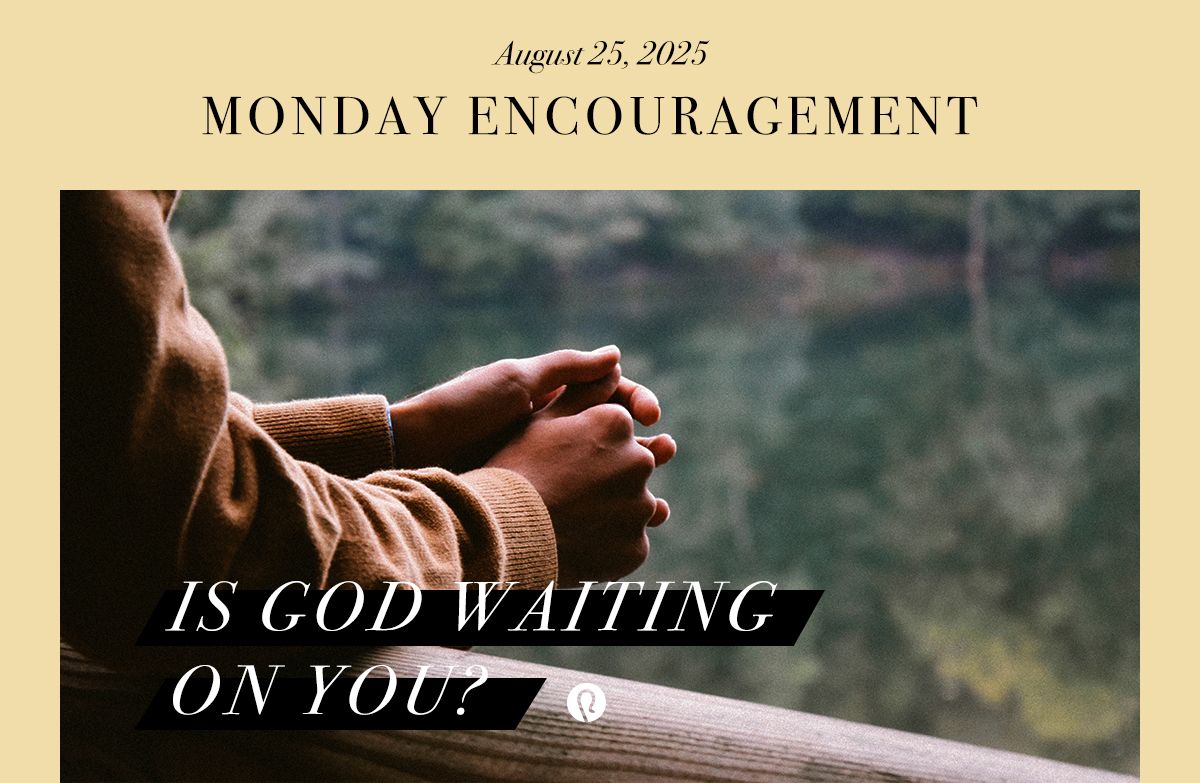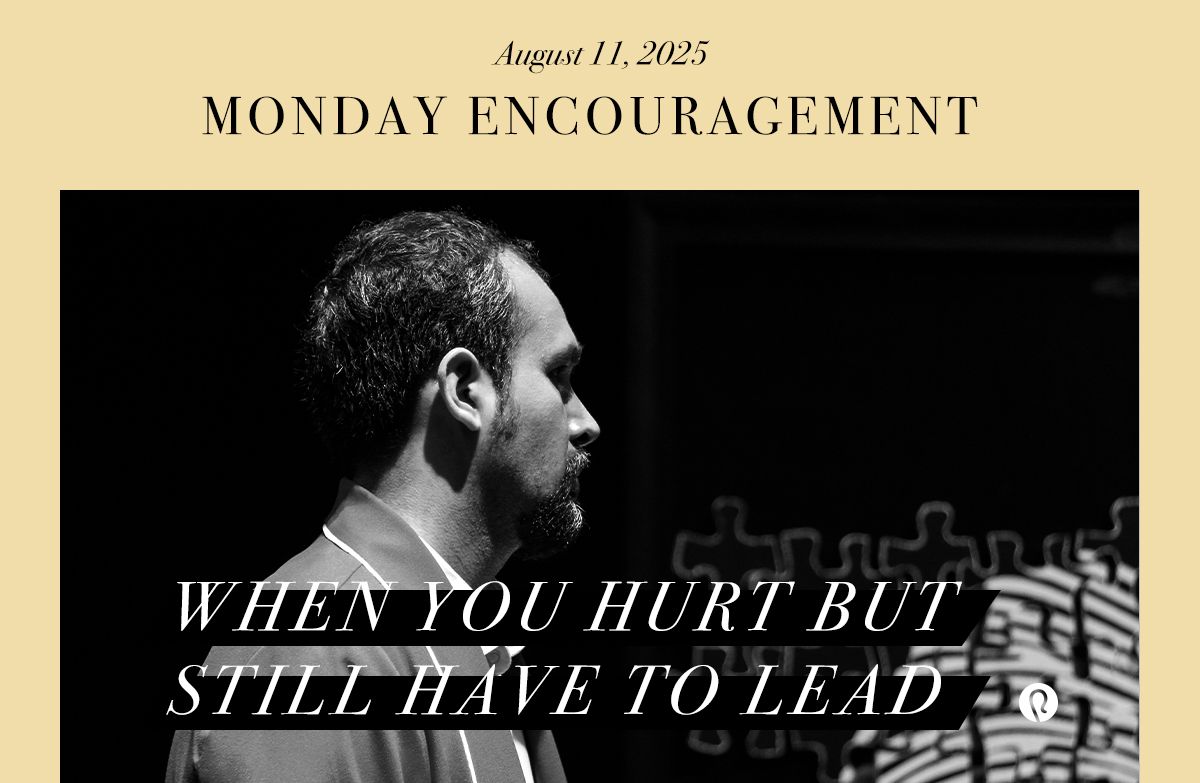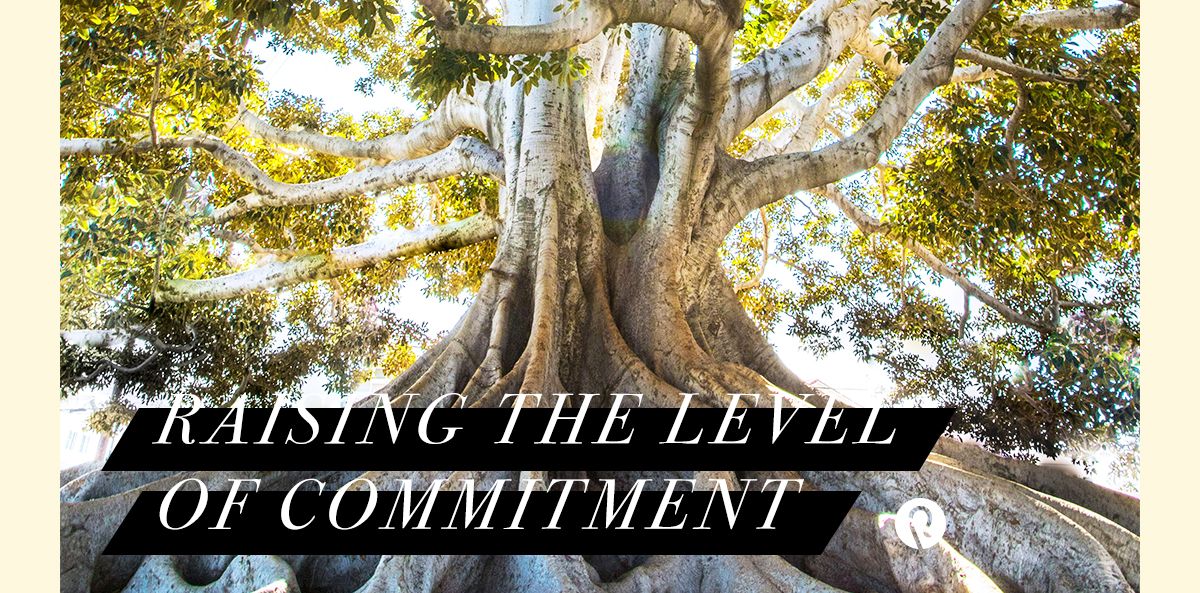FellowshipPreaching/TeachingLeadershipCelebrate RecoveryDiscipleshipSmall GroupsEvangelismWorshipMinistry
Six Principles for Getting People to Work Together

You can't succeed in ministry without getting people to work together. It's a crucial leadership skill.
Chapter 3 of Nehemiah is a powerful illustration of effective leadership. When God put a dream on Nehemiah’s heart to rebuild the wall around the city of Jerusalem, he successfully led a team to finish his goal.
Pastor, as you rally your team around the dream God has given you, these six principles can help you get the most out of those you lead.
- Divide a big dream into smaller goals and tasks.
- Let others share ownership of the dream.
- Organize around natural relationships.
- Families (4:13)
- Ministry relationships (3:1)
- Geography (3:2)
- Careers (4:32)
- Develop team spirit.
- Love everyone, but invest in the willing.
- Never stop saying thanks.
- Recognize individuals by name. It's not enough to say a general “thank you” to those on your team. Be specific. Nehemiah singled out 71 individuals in 32 verses.
- Recognize specific work. Don't just say, "You did a great job." Point out the details. Nehemiah did this over and over.
- Recognize great attitude. Nehemiah pointed out the attitude of Baruch in Nehemiah 3:20, saying he "zealously repaired an additional section" (NLT). You'll see a lot of people with bad attitudes in our world today. When you see someone with a good attitude, make sure you recognize them.
- Recognize extra effort. Nehemiah noted one man, Meremoth, who repaired two sections of the wall in chapter 3. When you see a goes-the-second-mile person like Meremoth, it's important that you reward their effort.







